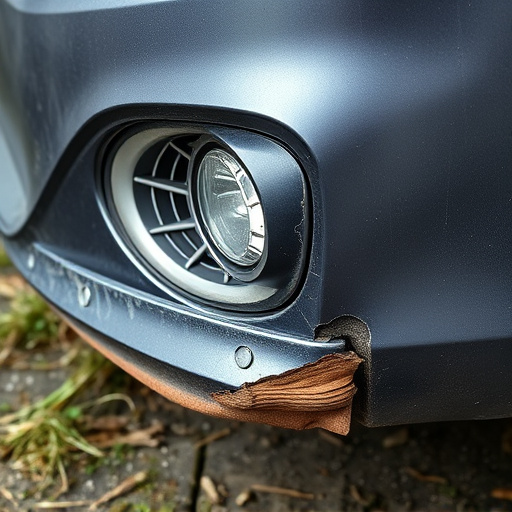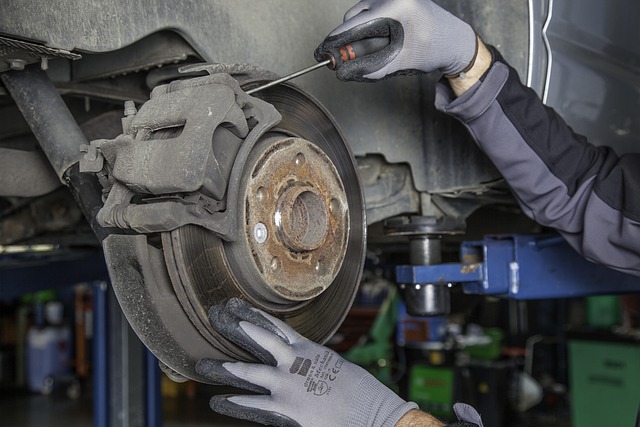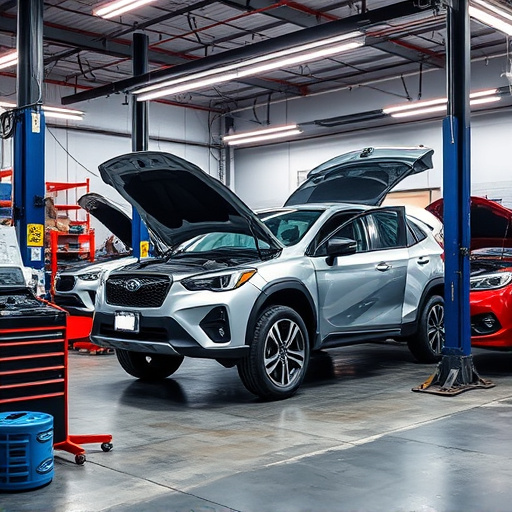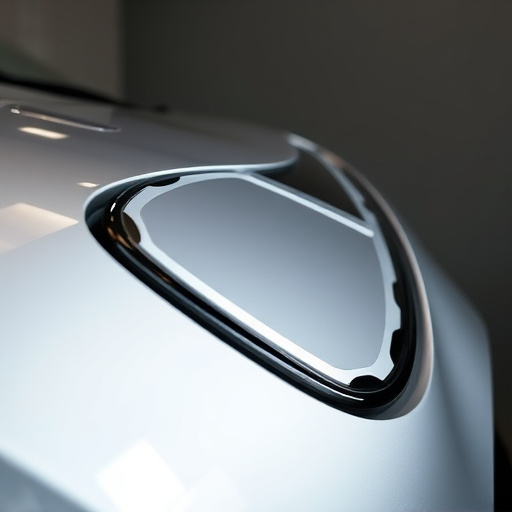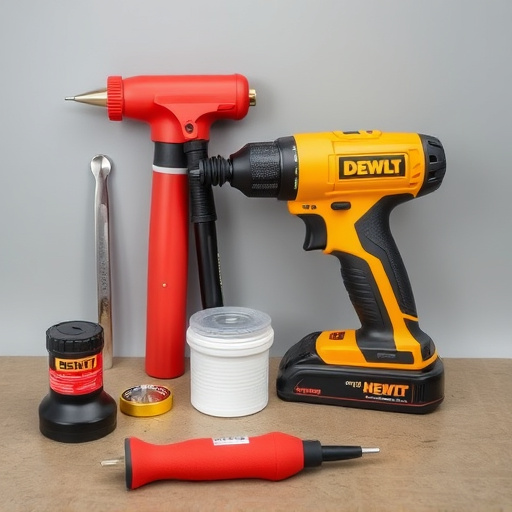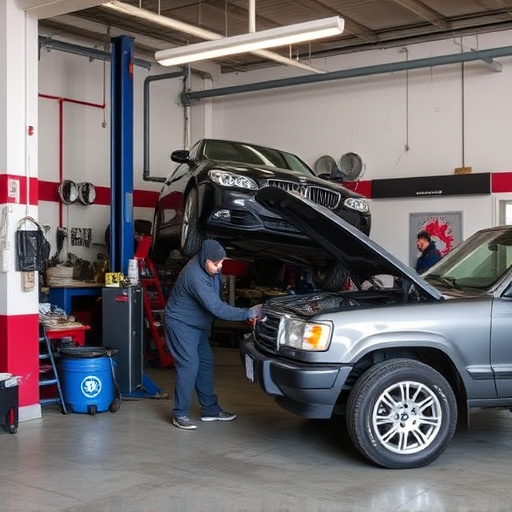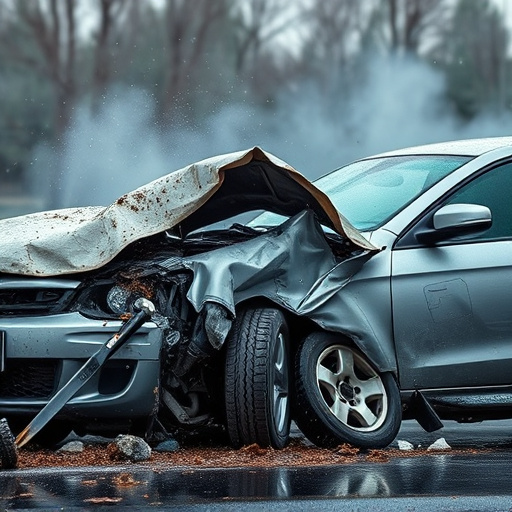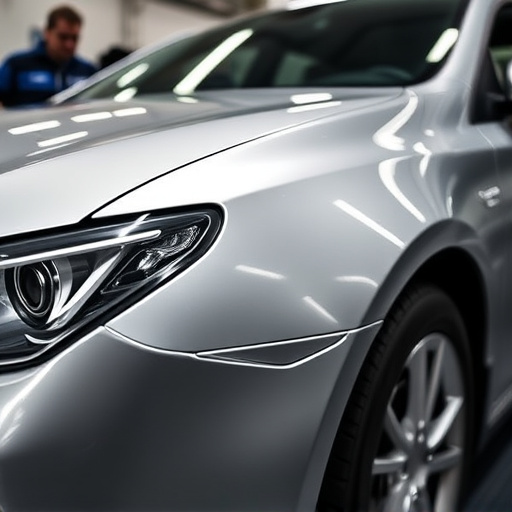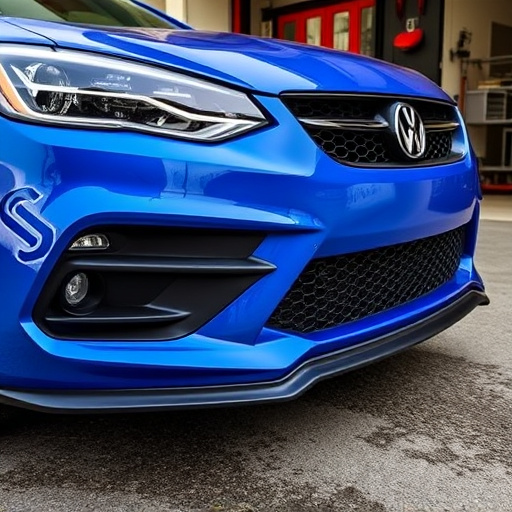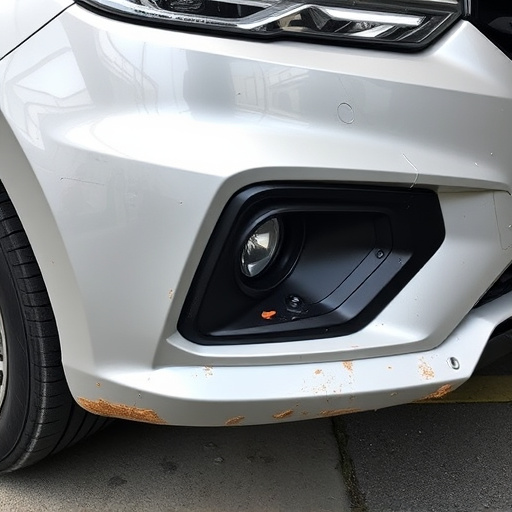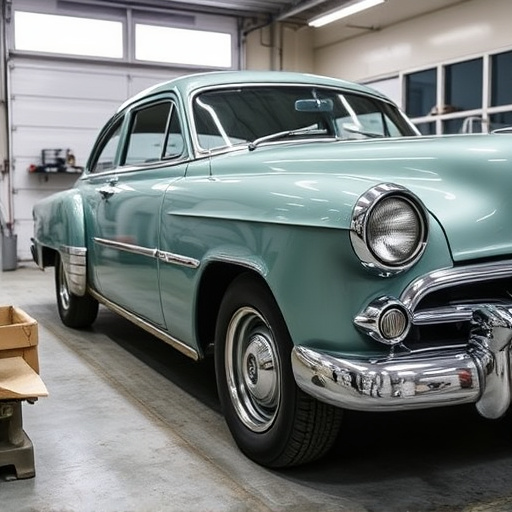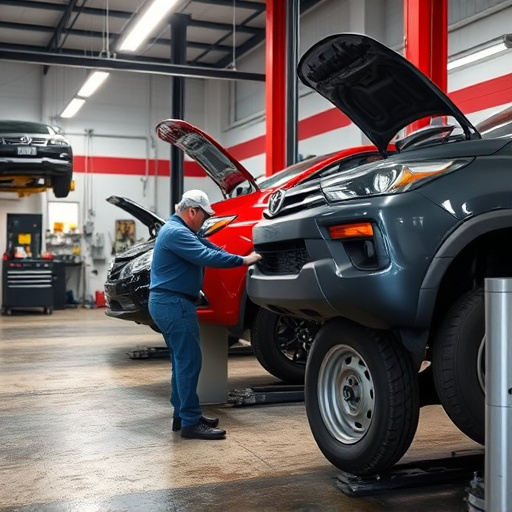Rare car collision specialists navigate unique challenges in auto repair, demanding advanced skills, specialized tools, and limited genuine parts. They implement stringent environmental controls and adopt sustainable practices for precise restoration of rare vehicles. Integrating eco-friendly materials and technologies, these specialists lead in green fleet maintenance, ensuring optimal working environments and high-quality repairs.
In the specialized realm of rare car collision repair, environmental stewardship is more than a trend—it’s essential. These facilities, catering to the unique needs of high-end and vintage vehicles, must balance precision restoration with sustainable practices. Understanding the specific challenges and adopting advanced environmental controls are key. This article explores how rare car collision specialists navigate these complexities, highlighting both traditional and innovative eco-friendly repair approaches.
- Understanding Rare Car Collision Repair Requirements
- Essential Environmental Controls for Specialist Workshops
- Innovative Practices in Eco-Friendly Collision Repairs
Understanding Rare Car Collision Repair Requirements
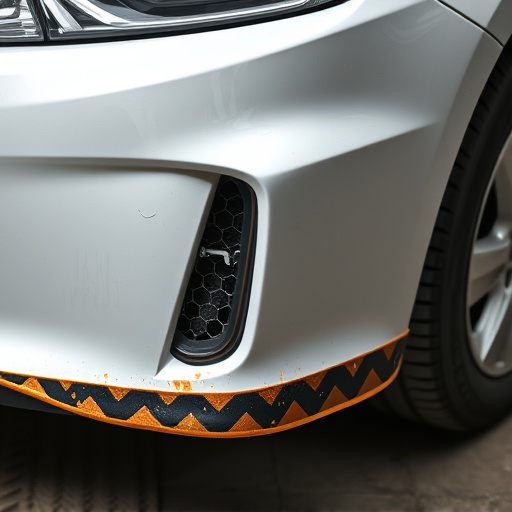
In the realm of automotive repair, rare car collision specialists face unique challenges due to their specialized nature. These experts are equipped to handle intricate restoration tasks for vehicles that aren’t commonly found at regular auto body shops. Understanding the specific requirements of rare car collision repair is paramount. It involves a blend of technical skill and an in-depth knowledge of various makes and models, many of which may have limited availability of genuine parts and specialized tools required for dent removal and precise assembly.
Rare car collision specialists must be adept at navigating complex restoration processes, from identifying subtle body panel misalignments to replicating original finishes seamlessly. Their work demands a keen eye for detail and the ability to access rare or specialty components, ensuring that these vehicles are restored to their former glory. This level of expertise sets them apart from standard car body shops, making their services invaluable to owners of unique automotive treasures.
Essential Environmental Controls for Specialist Workshops
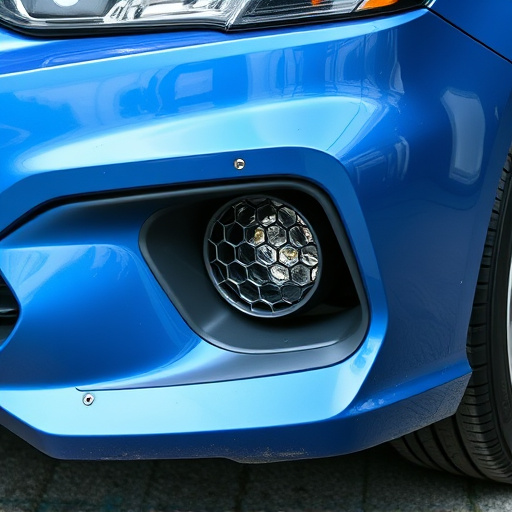
When it comes to rare car collision repair, specialized workshops face unique challenges due to the intricate and often delicate nature of the vehicles they deal with. To maintain optimal conditions for precise repairs, these facilities must implement stringent environmental controls. The primary goal is to create a controlled atmosphere that ensures both quality and safety during the restoration process.
Key environmental controls include temperature regulation, ensuring a consistent and comfortable environment free from extreme heat or cold that could affect materials and personnel. Air quality is another critical aspect, employing advanced filtration systems to maintain clean air, crucial for preventing debris and contaminants from entering the workshop and damaging precious auto body components, including intricate electrical systems and delicate finishes. Additionally, these workshops often utilize specialized lighting solutions to mimic natural light conditions, aiding in precision during vehicle repairs, especially when working on intricate details like auto glass repair or vehicle body repair.
Innovative Practices in Eco-Friendly Collision Repairs
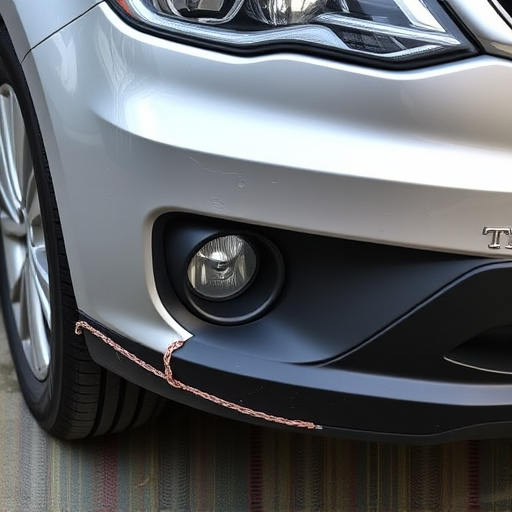
In the realm of rare car collision repairs, specialists are increasingly adopting innovative practices to merge precision with environmental sustainability. These forward-thinking auto body shops go beyond traditional dent removal techniques by integrating eco-friendly materials and processes throughout their fleet repair services. For instance, many top-tier rare car collision specialists now use biodegradable or recycled content in their replacement parts, reducing the environmental footprint of repairs.
Moreover, these facilities employ advanced technologies like water-based painting systems that minimize harmful chemical emissions, contributing to cleaner air. They also prioritize efficient energy usage with LED lighting and specialized heating/cooling systems. Such measures not only support sustainable operations but also ensure high-quality outcomes for clients’ valuable vehicles. This blend of environmental stewardship and expert craftsmanship distinguishes rare car collision specialists in the industry, setting them as leaders in eco-friendly fleet repair services.
Rare car collision repair facilities play a vital role in preserving intricate automotive designs, and their specialized workshops require tailored environmental controls. By implementing essential practices discussed, these professionals can ensure optimal conditions for precise repairs while minimizing environmental impact. Embracing innovative eco-friendly methods further solidifies rare car collision specialists’ position as stewards of both art and sustainability.
